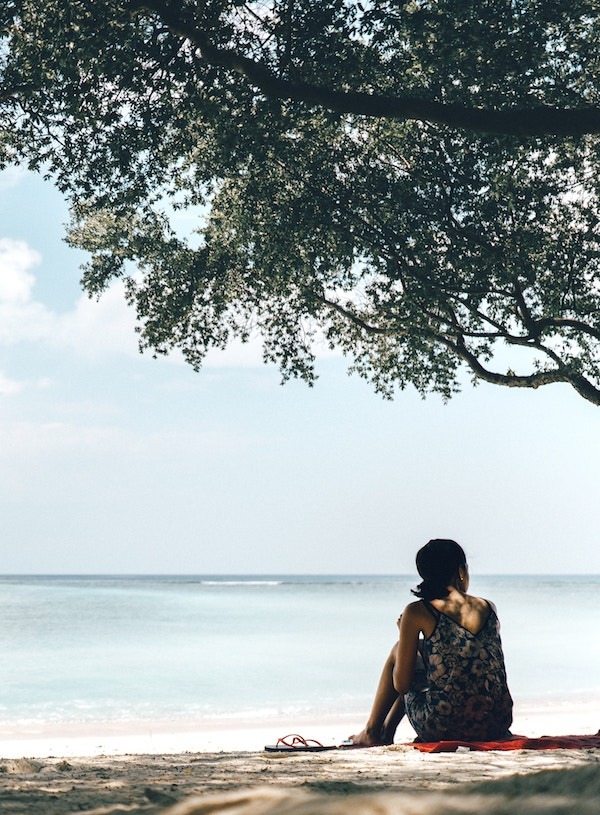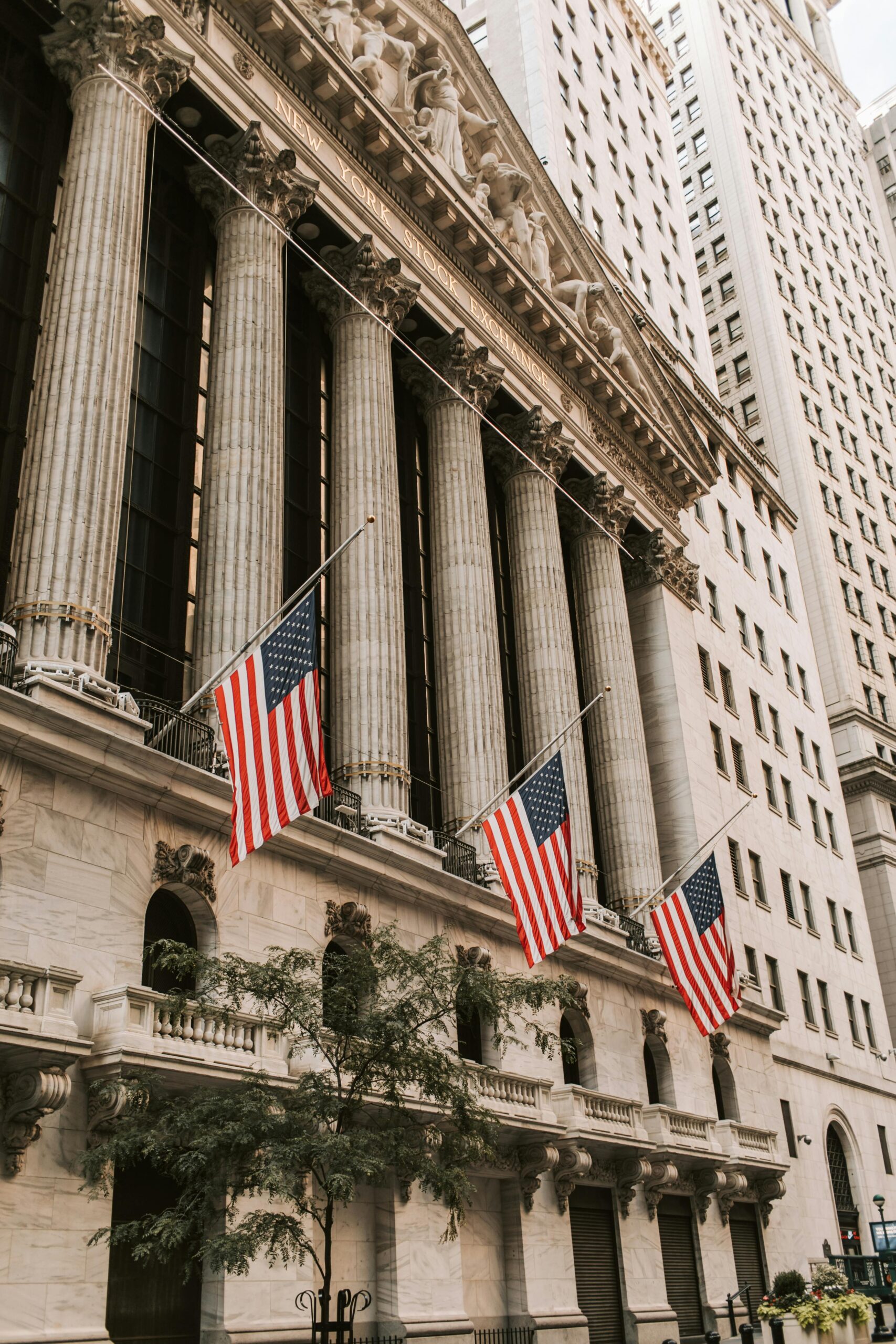
by Poonam Desai, Psychologist and Author of Everything Mixed with Gold and The Dismantling
The act of dismantling is to take something apart by choice, piece by piece, with the intention of seeing the original form gone, and hopefully rebuilt in a new way. We talk of dismantling systems of patriarchy, of oppression, of racism. But how can we build a new system when we’re all the same? Wouldn’t we just create the same system? The way I see it, to really change things, we have to learn to dismantle ourselves.
Life has a way of undoing each of us. Whatever you thought you were, whoever you hoped to be those identities are untenable. All we have is the falling apart and the rebuilding that happens every moment.
There recently came a time in my life where I felt I was coming apart at the seams. There are a lot of messages we’re fed about what’s okay to share and what’s not. The idea that it’s not okay to share our falling apart and it’s only okay to share a polished, social-media-ready version of ourselves is damaging. Flying in the face of that, I choose to share. I choose to be bare. I choose to reveal the weakest parts of myself in hopes that others find their own peace, hope, and self-compassion in this strange journey we’re all on together. Here are the ways I have fallen apart, dismantled myself, and rebuilt my identity.
- My name: At birth, I was named Poonam Jitendra Dubal. As is customary in Gujarati naming traditions, my aunt suggested my first name (Poonam), and my father’s first name became my middle name (Jitendra). His last name automatically became my last name (Dubal). Patriarchy runs deep in Indian blood. Pay no mind to my mother’s maiden name, Vinchhi, which means scorpion. Having grown up in a fairly conservative environment, within a community that strove to maintain Indian tradition, I followed naming suit when I got married. My partner’s name is Sagar Pankaj Desai, and I became Poonam Sagar Desai. Without a second thought. Years later, as I began unpacking my choices regarding marriage and my own name, I decided to make a shift. I legally changed my name to reincorporate my maiden name. It was a long, annoying, and expensive process. Now, I’m Poonam Dubal Desai. Awesome. Except, I’ve done even more unpacking, and now I’d like to change my name one last time, to a name of my own choosing. Perhaps: Poonam Avinashi Vinchhi Dubal. Avinashi, which means “indestructible,” is the alias I have begun to use with my art. It is part of the essential. The self that cannot be destroyed no matter the name slapped on my passport.
- My uterus: I married my college sweetheart at 22. I’m nearly 33 now, and have been married for 11 years. We don’t have children, but we just got a dog! I have struggled endlessly (and continue to struggle) with the idea of perhaps not having children, of choosing to live without that “essential” next step and see what awaits when I pass that particular stop on the road. The basic question for me, as a woman of South Asian descent, is: Am I okay if I choose not to have kids?
- My thoughts: Did you know brown people can have racist thoughts and actions? (Some choose to say “prejudiced,” I’m saying “racist” for… simplicity’s sake? Ha.). I grew up locking the doors in certain neighborhoods or around certain people. I wrongly believed some people were “less than.” It was never said explicitly, but it was an insidious framework for the world I lived in that I didn’t question for a long time. It formed a hierarchy no one challenged and for which I was grateful to be in the middle of, and at least not at the bottom. Undoing the oppression of black and brown folk is the undoing of a DNA strand that runs through each of us, runs through our history, and runs through multiple continents (indeed, one could argue racism is likely present whenever there are two skin tones present). To even begin this work, I had to see how I had internalized racist ideas about myself, my skin, my nose, my hair, my people, my traditions. Then I had to interrogate the deep-rooted thoughts and feelings that popped into my head, the ways I had committed acts of interpersonal racism. And now, I cannot unsee the truth. I see the systemic and structural racism present in every part of our lives. Having seen, I am held to help others see.
- My beliefs: I grew up not questioning the existence of God. I was lucky to have a beautiful spiritual and religious upbringing that gave me so much to be proud of and to chew on. I learned about the Upanishads, the Vedas, and the Gita. I knew about India’s freedom fighters who fought for the end of British colonial rule. I deeply loved the characters from the Mahabharata and the Ramayana. These philosophies and thoughts served me well in learning to be a good person and a warrior for my culture. And yet, as many of us do, I began questioning. Not one god or many gods, but any god. Not heaven or hell, but multiple universes. Not moral or sinful, but meaning and reason. I’m still in this spiral now. I don’t have a word to identify my beliefs. Maybe I’ll take a page out of Facebook and leave it as “it’s complicated.”
- My mental health: Perhaps as a direct outgrowth from my constant existential crisis (or perhaps as a solid two-way street) is the depression I have dealt with since college. I’m a psychologist. Do you know how much it sucks to be a psychologist and be depressed? I know when things are bad, and yet I still sometimes can’t quite dig myself out. I knew for a long time I probably needed to take medication, but I couldn’t make myself do it because it felt like a moral, spiritual, and character failing. That avoidance went really well. I’ve had to learn to help myself, protect myself, and accept the love and compassion of others. I’ve committed myself to therapy, meditation, bubbles, and color. I’ve committed myself to allow for flexibility, self-compassion, forgiveness, and sitting in the muck of questions I may never have the answers to. I’ve committed to staying put to see what comes of this ridiculous and beautiful, tragic and singular life.
These are some of the ways I’ve fallen apart. Dismantling is never easy. It is not clean. It brings a little comfort, except that I have perhaps shed some skins that were not mine, and picked up skin of my own choosing.
Poonam Desai is the author of two collections of poetry: Everything Mixed with Gold and The Dismantling. She is a first generation immigrant from India, born and raised in Texas. As a licensed psychologist and a licensed specialist in school psychology, Poonam has worked in the fields of education and mental health for the past nine years, with a particular area of interest in mindfulness and social-emotional learning. She has been writing poetry since her fourth-grade poetry unit and painting since high school art class (yay public education!). She also loves to hike with her partner, blow bubbles in the sun, play with her dog, and plan parties. Poonam believes mindfulness and compassion are the two things that will change the world.



 Ringing in Change: Sakhi’s Historic Achievement
Ringing in Change: Sakhi’s Historic Achievement Good Indian Girl, Sort Of: Sonya Soni
Good Indian Girl, Sort Of: Sonya Soni Ambika Mod Makes Us Bawl Our Eyes Out in ‘One Day’
Ambika Mod Makes Us Bawl Our Eyes Out in ‘One Day’